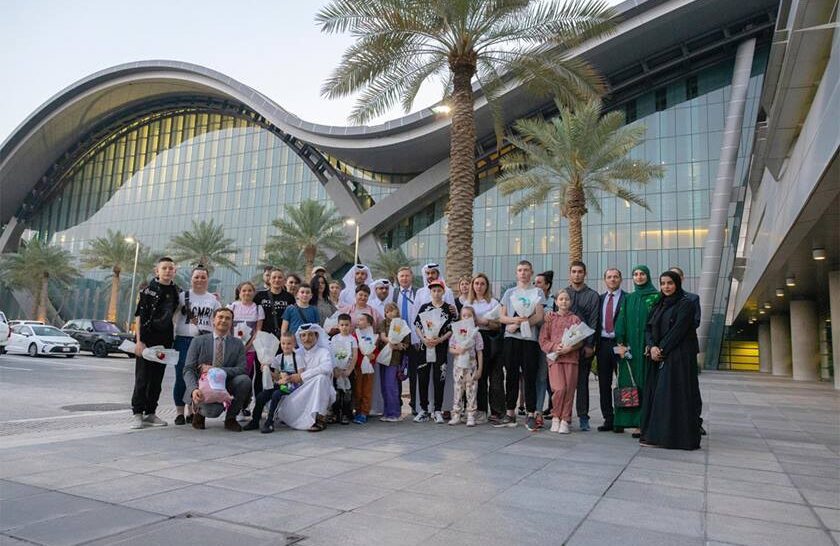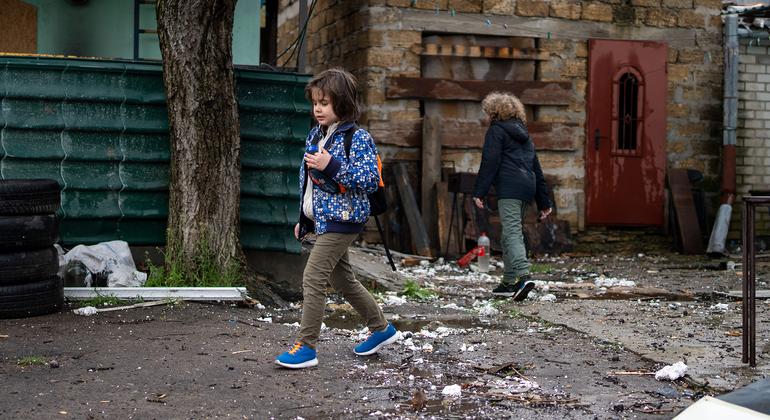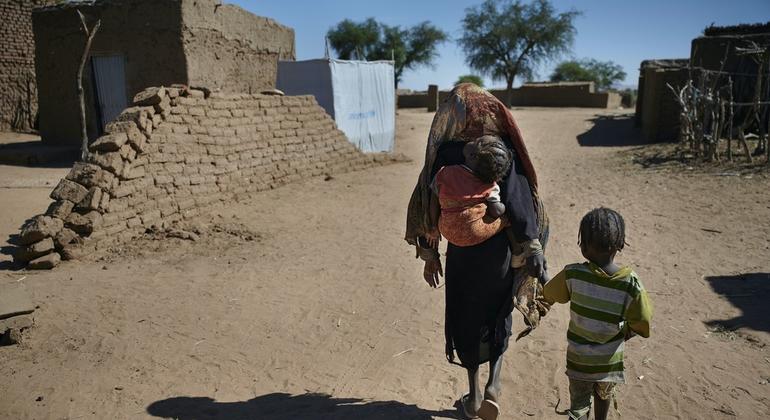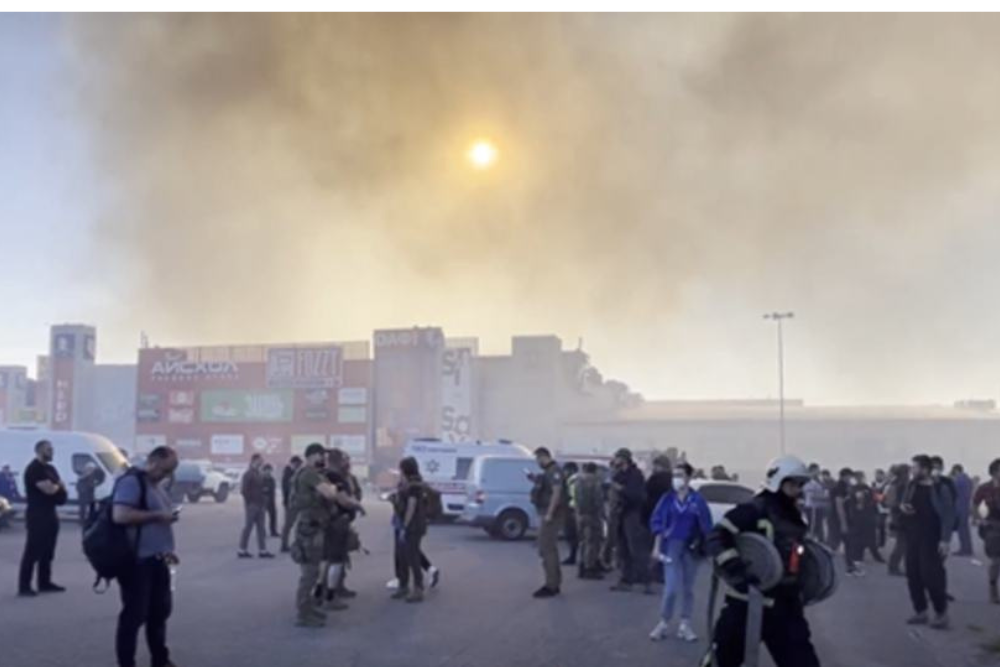On 22 May, it was announced that 13 Ukrainian children were returned from Russian-occupied territories to their homeland thanks to the mediating role of Qatar and a Ukrainian NGO.
Qatar mediated the release of six Ukrainian children, all male and aged between six and 17, held in Russia, as part of its efforts to reunite families separated by the ongoing conflict between Moscow and Kyiv, the Ministry of Foreign Affairs of Qatar announced.
The Qatari embassy in Moscow hosted the children and their families during the reunification process to ensure their safe return to Ukraine via Minsk.
During their stay under the protection of Qatar, medical, psychological and social support was provided to the children to facilitate recovery and reintegration.
The remaining children were returned through the framework of the NGO Bring Kids Back UA plan, initiated by President Volodymyr Zelensky.
One can wonder why the EU or some of its member states, the USA, Canada or any other Western democracy have not managed to organize similar mediation operations directly or indirectly, especially through the International Coalition for the Repatriation of Ukrainian Children. Ukrainian media outlets regularly cover family reunification cases but have only mentioned one case sponsored by the UN and no cases by the International Committee of the Red Cross (ICRC).
The mediation of Qatar involved Children’s Rights Commissioner for the President of the Russian Federation Maria Lvova-Belova and the Ukrainian Parliament Commissioner for Human Rights Dmytro Lubinets.
Qatar’s rescue operations
In 2023, on October 16, Qatar secured the first such repatriation of four Ukrainian children from Russia following Kyiv’s request.
On November 19, joint mediation by Qatar and the United Nations led to the release of orphaned Ukrainian teenager, Bohdan Yermokhin, from Mariupol, after he was taken to Russia during the war.
On December 5 Qatar reunified six additional Ukrainian children with their families.
In 2024, on February 19,the Gulf state mediated the release of 11 Ukrainian children, including one with disabilities, held in Russia.
On March 21, Qatar reunited children with their families and facilitated their safe transfer from Ukraine to Russia via Belarus.
On 20 April, Qatar announced that 20 Ukrainian and Russian families, including 37 children, had arrived in Doha as part of Qatar’s ongoing mediation efforts to reunite those separated by the conflict.
Qatar hosted the families from April 18 till April 27, where they received medical and psychological support.
Qatar and Russia’s war on Ukraine
Qatar has maintained a balanced foreign policy since the start of the Russia-Ukraine conflict, communicating with both sides while repeatedly calling for the need for dialogue to end the conflict.
In July last year, Doha pledged $100 million in aid to Kyiv during a meeting between Qatari Prime Minister and Minister of Foreign Affairs Sheikh Mohammed bin Abdulrahman Al Thani and Ukrainian President Volodymyr Zelensky.
Sheikh Mohammed’s visit to Ukraine came a month after a stopover in Moscow on June 22, where he met Russian Foreign Minister Sergei Lavrov. The Qatari official had called for respecting Ukraine’s territorial dignity and independence, as well as the UN Charter.
In March 2022, Qatar was among 141 countries that voted on a UN resolution demanding Russia’s “immediate and complete” withdrawal from Ukraine.
Qatar, a seasoned mediator, had previously expressed its openness to facilitate dialogue between rivals Russia and Ukraine “if asked” by its international partners.














